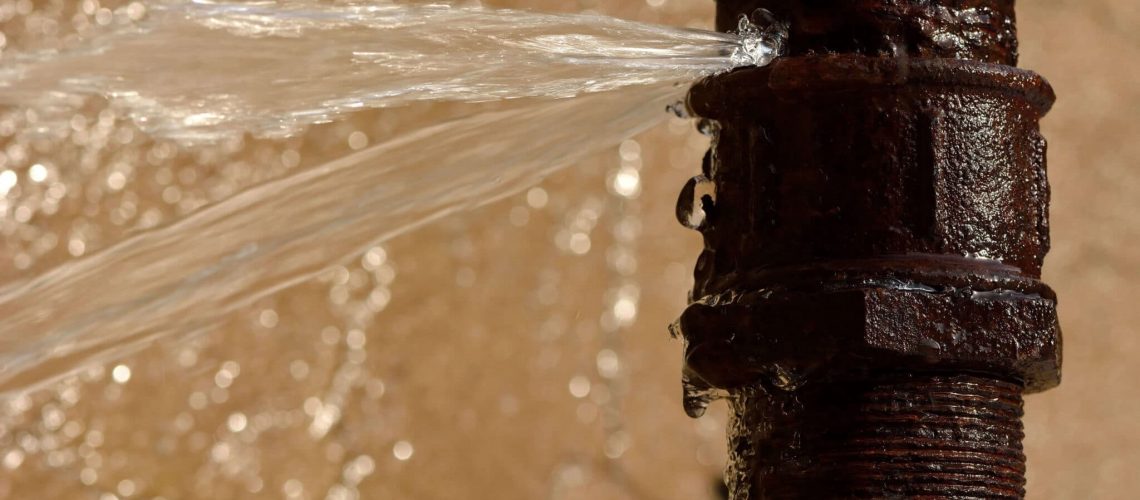Frozen pipes can lead to widespread damage throughout your home. When water freezes within your plumbing system, it leads to rapid expansion. This expansion puts an enormous amount of pressure on the container – in this case, the metal or plastic plumbing pipe. No matter how strong the pipe is, expanding water will break it. Then, you’ve got a burst pipe. A burst pipe is a liability, as it releases copious amounts of water into your home, where significant water damage will worsen with time. You must act promptly.
Preventing Frozen Pipes
Before winter temperatures drop to their lowest, you’ll want to take action to prevent frozen pipes. By preparing your plumbing system now, you can prevent extensive water damage to your home. Unfortunately, few homeowners know how to properly winterize their pipes. We’re here to help.
- If you have a swimming pool or sprinkler system, be sure to drain the water. Do not add any antifreeze to the lines unless the manufacturer’s directions specify doing so. Antifreeze is potentially harmful to your health, your pet’s, and the environment.
- If you have an outside hose attached to a spigot, be sure to remove it and store it somewhere warm and dry, such as a closet or shed. Close the inside valve on the outdoor hose bib.
- In the attic, basement, or crawlspace, be sure to add insulation. Insulation retains heat from your HVAC system and prevents these areas from freezing over.
- Explore your home for water supply lines located in unheated areas. You may find them in the garage, kitchen and bathroom cabinets, and elsewhere. Be sure to insulate these pipes – both hot and cold water.
- Be sure to open the kitchen and bathroom cabinets to allow warm air to circulate within. The warm air will prevent water pipes from freezing.
- During particularly cold nights, leave the faucets running at a slow drip. The running water will prevent the pipe from freezing over.
- Be sure to keep your thermostat set exactly the same during the day and night. Using a higher temperature around the clock may lead to higher monthly bills, but it will help prevent frozen pipes.
Water Damage Restoration
Should a pipe freeze over and burst, the resulting water damage may be quite extensive. You’ll then need the help of an expert restoration team to handle the damages. The water damage restoration process is designed to handle any amount of water. It includes:
- Removing carpeting and damaged components.
- Removing standing water using advanced restoration equipment.
- Drying affected areas.
- Dehumidifying the house to prevent mold growth.
- Restoring personal possessions and household components whenever possible.
These tasks, while seemingly quite simple, require a specialist to tackle. Trust in Restoration 1 of Tulsa for all your water damage restoration needs. We also handle frozen pipes and burst pipes, should the issue ever arise in your home.
Please take a moment to call us at 918-205-7764 for expert restoration services year-round!


